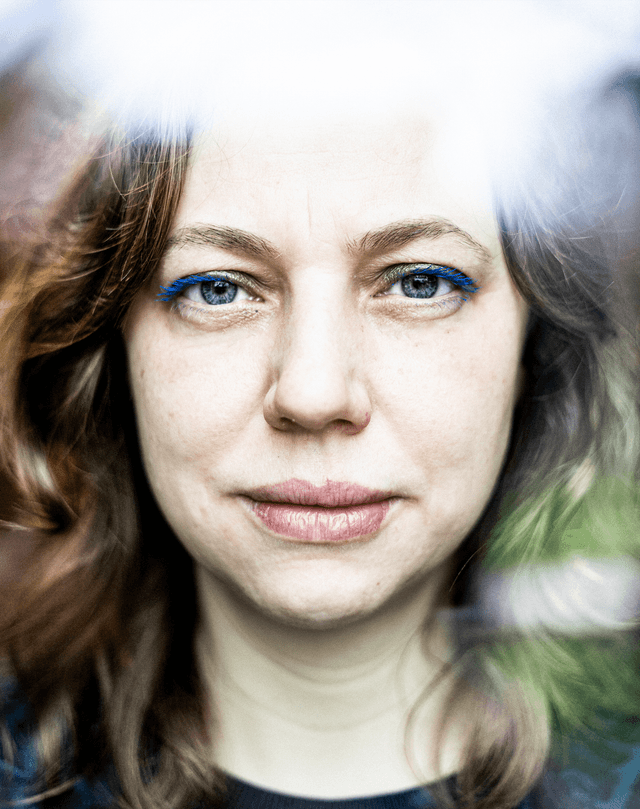Apocalypsophy
On recycling, green growth and other dangerous fantasies
For many years we’ve known about our collective effect on the planet and its consequences. Still, many pretend nothing is wrong. We would rather dream of carbon offsetting, circular economies, ‘green growth’ – of a world where everything can be cleaned, recycled or resolved with magical technology. Anything to stop us from making real change. In 'Apocalypsophy', Lisa Doeland confronts us with our various ‘green dreams’.

Take, for example, the sheer scale of the climate crisis: it’s too big, it’s unstoppable. This fatalism is dangerous, writes Doeland, not only because there is so much to do, but because it imagines the end – of humanity, biodiversity, the planet – too simply. As though everything will finish with a bang. This too is a form of denial. When, instead, we acknowledge the catastrophe has already happened, and is going on continually around us, we can work towards a future beyond impending doom.
Rather than reassure, Doeland offers tools for living as best as we can among the ruins. Bodily engagement is necessary, as is local concrete action. We must learn to see ourselves as part of the cycle of life, death and waste, and learn to die out – perhaps the goal of all philosophy. Doeland builds her argument across nine chapters, turning to thinkers like Srecko Horvat, Timothy Morton, Anna Tsing, Val Plumwood, Donna Harraway, Bruno Latour, Jacques Derrida and Walter Benjamin, as well as works of art, film and literature from popular culture.
An empowering, clear-eyed philosophy in which the climate apocalypse has already happened
Offers tools for living among the ruins and reimagining another future
Year of publication
2023
Page count
240
Publisher
Ten Have
Rights
Shared Stories
Hayo Deinum
hayo@sharedstories.nl
Sample translation available
Full of wonderful metaphors and intriguing provocations.
De Standaard
Doeland skillfully makes mincemeat of unrealistic ideas.
NRC
Doeland offers a welcome argument against overly rosy pictures and, more surprisingly, against overly gloomy expectations. Yes, a lot is being lost, but there is also something to be salvaged.
Bazarow
More Non-Fiction

Entrepreneurs in the Wild
The dispiriting story of a club of white benefactors in Africa: how nature parks have been corralled by modern imperialism

Burdened House
A bestselling memoir about the space one occupies in society as a woman; about loneliness, fear and the choices we make in love.

Land of Thieves: Survival in the Middle Ages
Brilliantly-researched, groundbreaking reconstruction of daily life in the fifteenth century

The Life of Mice
How living with rescue mice leads to a broader ethical enquiry into animal rights
